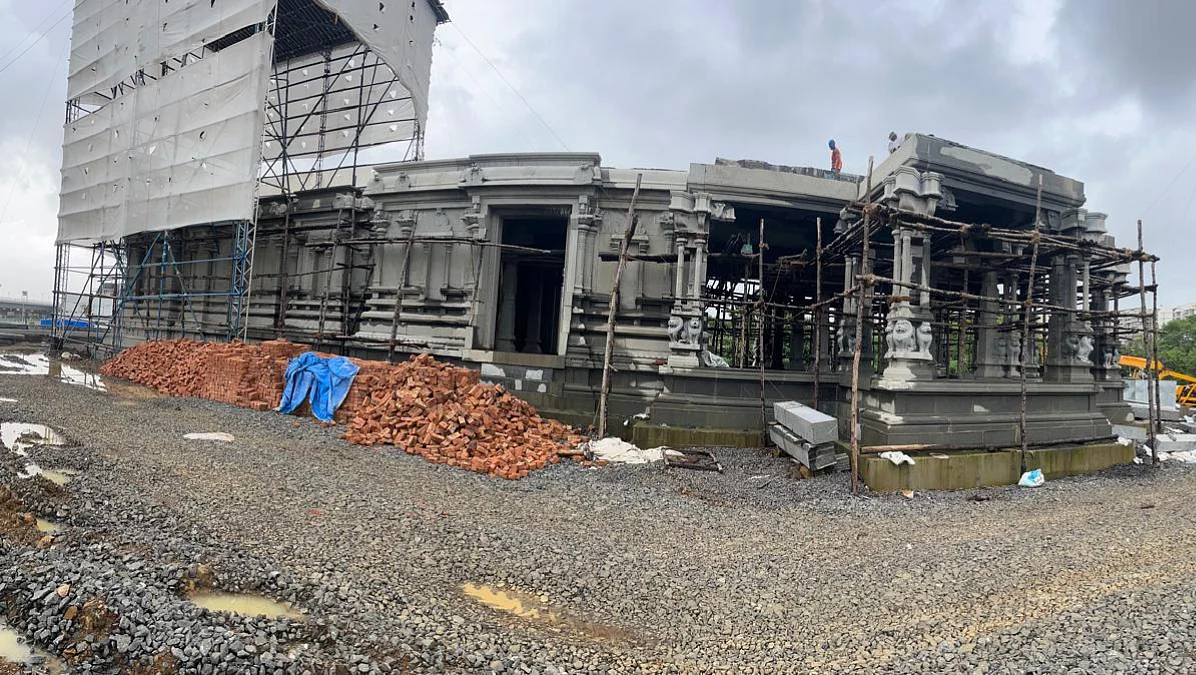Bhopal (Madhya Pradesh): After a lukewarm response to the Capital Expenditure (CAPEX) model for rooftop solar installations in private homes, the state government is now turning to the more viable Renewable Energy Services Company (RESCO) model to boost adoption.
Urja Vikas Nigam, the nodal agency for renewable energy in Madhya Pradesh, plans to implement the RESCO model—already used for government buildings—in well-off residential colonies and HIG sectors.
Sources in Urja Vikas Nigam said that both CAPEX and RESCO models were initially evaluated. Under the CAPEX model, the consumer bears the cost of the solar plant—approximately ₹1.10 lakh for a 3 KW system—and is responsible for operation and maintenance.
Despite the long-term cost benefits of solar energy, most private homeowners were unwilling to make the upfront investment.
Efforts to persuade consumers to finance installations through bank loans have also failed to gain traction. A case in point is the CAPEX-based project near Bhoj Lake, which faltered after funding dried up for maintenance post the initial 5-year period. Such issues have plagued several other CAPEX installations as well, rendering them underutilised.
The RESCO model, by contrast, relieves homeowners of capital investment. Instead, a solar developer installs, owns, and operates the rooftop solar system, while the consumer pays only for the electricity consumed, at a fixed tariff agreed under a Power Purchase Agreement (PPA). Regulatory compliance falls under the Madhya Pradesh Electricity Regulatory Commission.
This developer-led model reduces financial burden on homeowners and ensures regular maintenance of the systems, encouraging greater participation.
ACS confirms
When contacted, Manu Shrivastava, Additional Chief Secretary for New and Renewable Energy told Free Press that, “to address hesitation of house owners, we will also try the RESCO model.”











